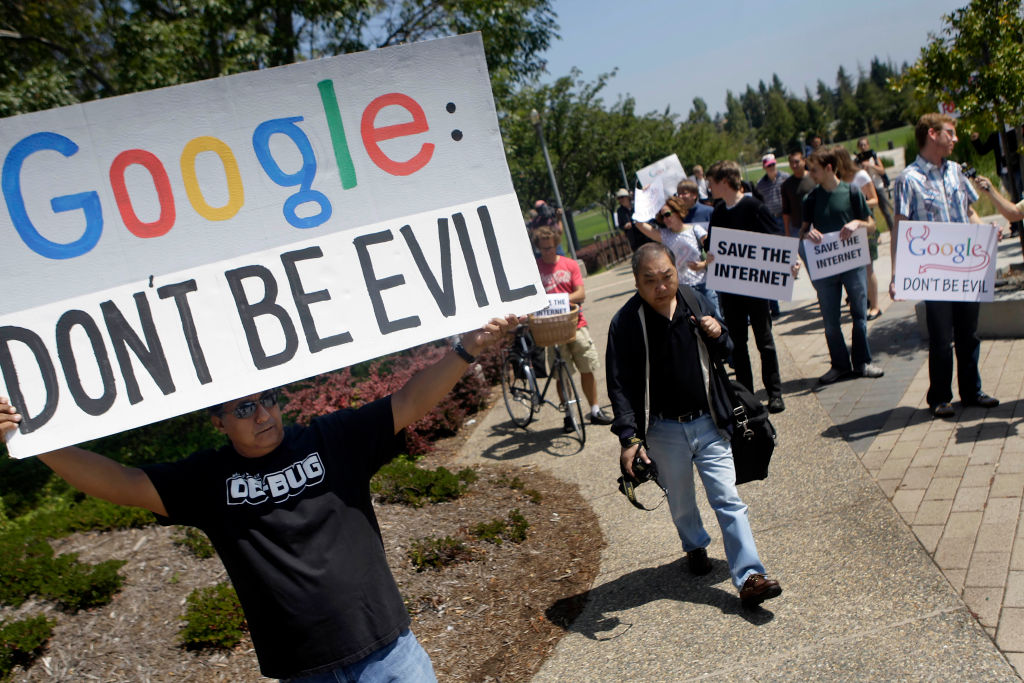Earlier this week, a new federal antitrust trial with explosive implications began. Ultimately, it will define how the policy world responds to the economic dominance of Big Tech. Only a month ago, Google was found guilty of illegally operating a monopoly over internet searching in the biggest technology competition case in two decades. That trial has now moved onto the remedy phase, with Judge Amit Mehta mulling whether to break up the company or impose behavioural remedies. But the new Google trial is even more significant, and goes to the heart of how giant platforms make money by dominating the global digital advertising market.
U.S. v. Google will examine in detail the complex systems that Google interposes between a publisher and an advertiser: systems that earn the corporation over $250 billion in revenue a year, and a $2 trillion market cap. Google has continued to grow as competition has been eliminated, doubling its revenue since 2018. For years, the AdTech business was forbiddingly complex, jargon-laden and difficult to understand, even for insiders, until academic Dina Srinivasan came up with the analogy of Wall Street stock exchanges.
What makes this trial so significant for the policy world? The electronic auctions being examined, that match buyers and sellers of digital advertising inventory, should be the purest free markets of all. Yet the middleman, Google, engineered them to ensure margins for itself of between 30-50%. When publishers and AdTech firms innovated to allow buyers and sellers to negotiate outside of Google’s systems, both sides of the transaction discovered they won, as the margin retained by the middleman had been diminished. This is how markets should work.
In the most contentious part of the trial, the court will hear how Google even gave Facebook favours to destroy such market innovations: in other words, the two AdTech giants which dominate two-thirds of the market between them were colluding to maintain high margins. Google has been operating a Potemkin market, or pseudo-market.
Yet instead of advocating for free markets, and highlighting the costs of monopoly power, the free-market think tanks either stayed quiet as the tech monopolies grew, or fiercely defended them. Classical liberal principles were abandoned for a kind of Nietzschean triumphalism. For the Chicago school to champion big business is one thing, and not new: Big is Beautiful has been the dominant thinking behind competition policy for four decades, until now. But to abandon markets is quite another. Bipartisan legislation has been drafted regardless of the outcome of this second trial.
Freed of the cumbersome posturing of the EU, which makes noteworthy judgements but then gets wrapped up in legal procedure for many years, the UK has taken swift action. Last Friday, the UK’s Competition and Markets Authority issued a preliminary judgment that the advertising duopoly had harmed publishers.
The verdict will have a number of casualties. After Google, the biggest may be the policy world, particularly the economically liberal thanks which had championed open markets but were content to see their destruction. More nuanced voices who champion markets while being sceptical of their habit to deteriorate into monopolies will have to emerge.











Join the discussion
Join like minded readers that support our journalism by becoming a paid subscriber
To join the discussion in the comments, become a paid subscriber.
Join like minded readers that support our journalism, read unlimited articles and enjoy other subscriber-only benefits.
Subscribe